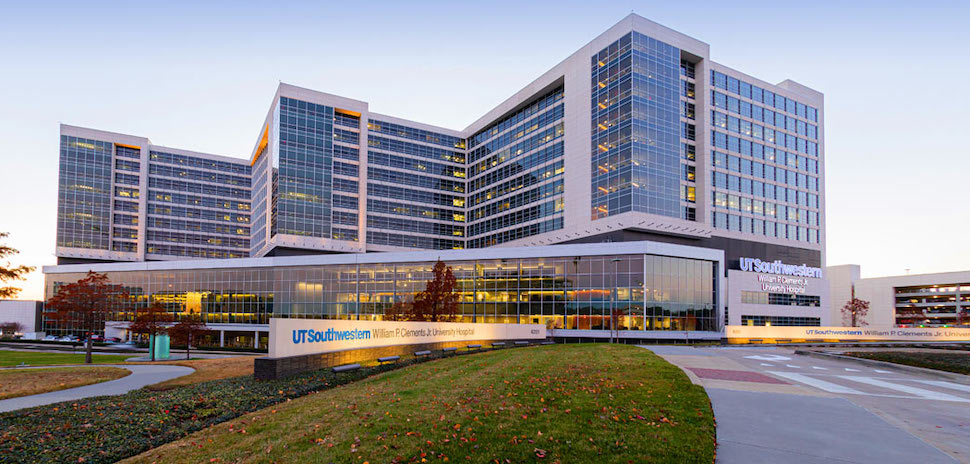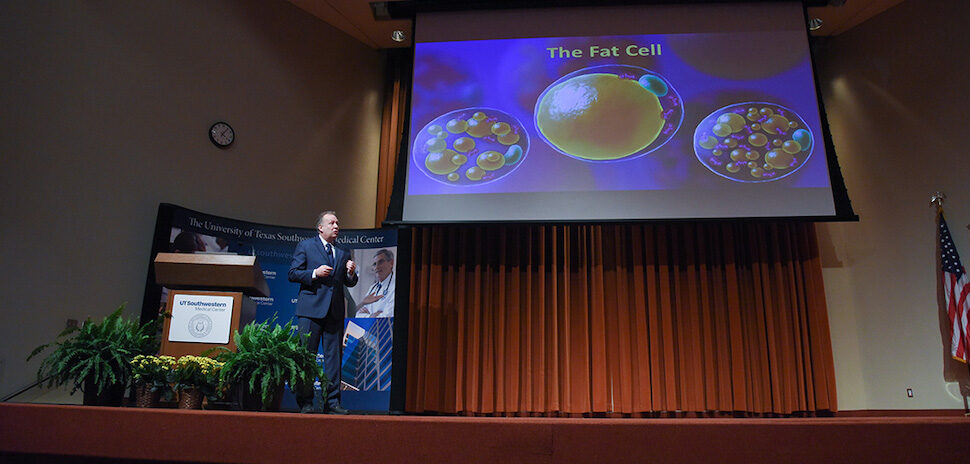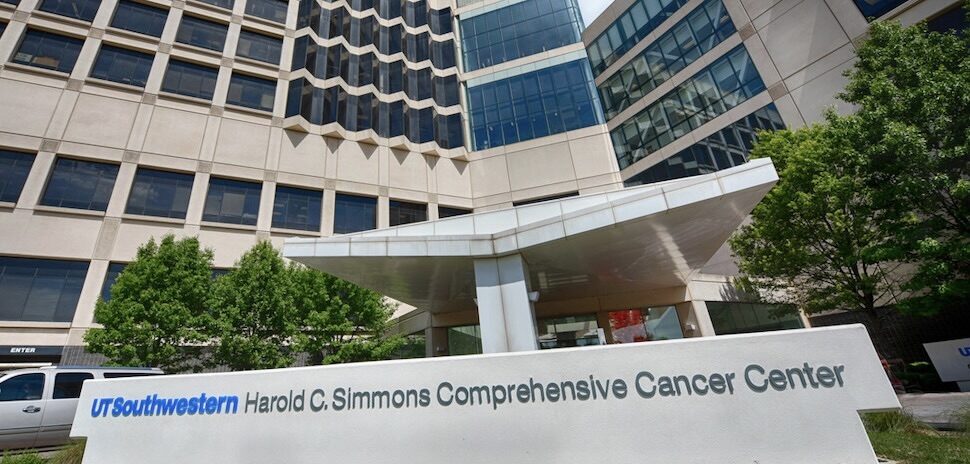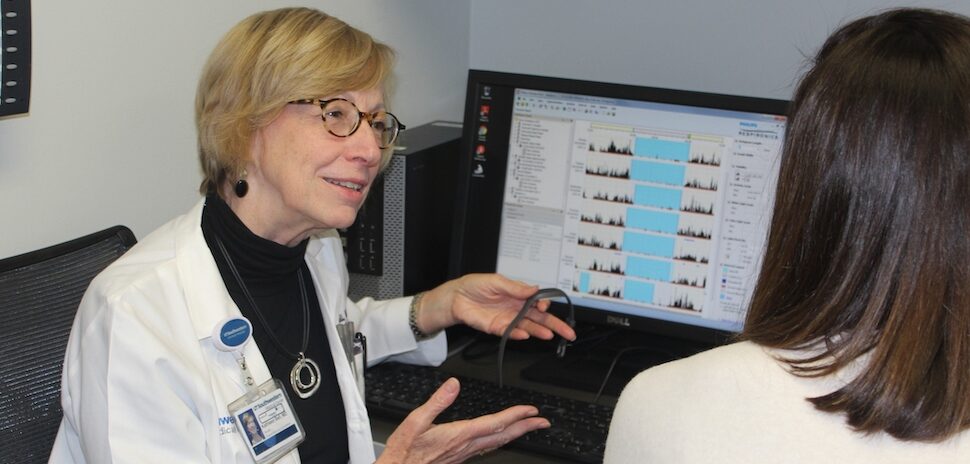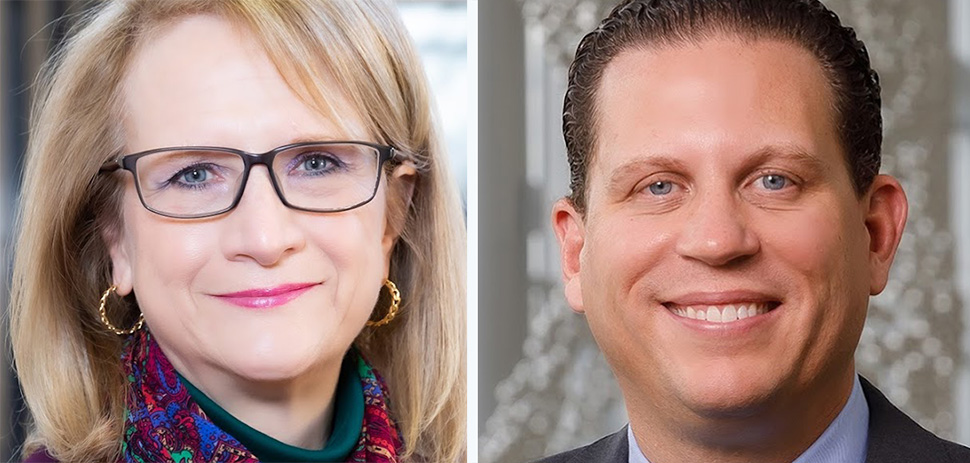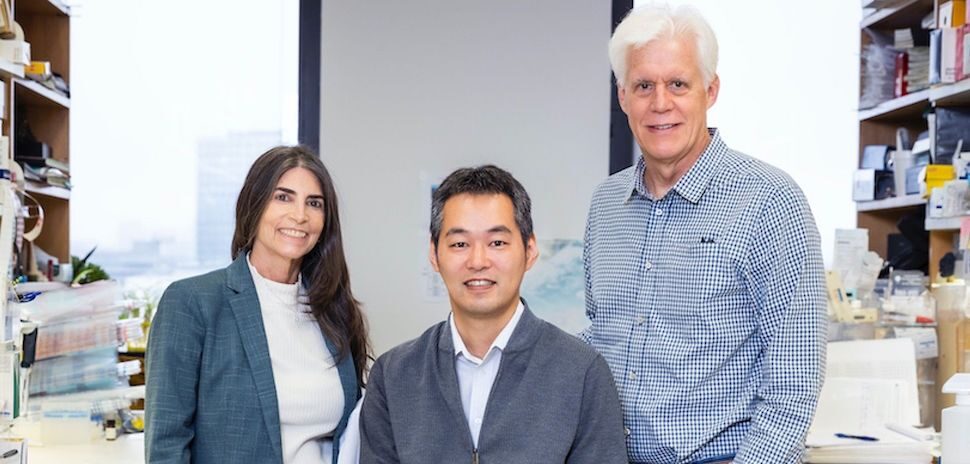Austin-based Research Bridge Partners announced it will collaborate with Dallas’ Lyda Hill Philanthropies to support scientists at UT Southwestern Medical Center to turn their scientific discoveries into biotechnology companies—via initial investments from both organizations totaling $4 million.
“Even the best scientific researchers need to bridge the commercialization resources concentrated in Silicon Valley and Boston,” Research Bridge Partners co-founder and CEO Isaac Barchas said in a statement. “These commercialization hubs are often viewed as competitors to university- and regionally focused funding initiatives, but they’re actually an essential resource for high-ceiling ventures.”
Research Bridge Partners makes formative investments in biomedical startup companies based on the breakthroughs of preeminent innovators at mid-continent research universities.
Support for early-stage researchers
The funding will go toward identifying researchers whose science and entrepreneurial mindsets are characteristic of successful biomedical companies; establishing effective management and governance structures for each spinout; safeguarding their intellectual property; and recruiting board members and senior executives.
“Our organization is committed to funding transformational advances in science and a focus area of ours is to augment the fast-growing biotech ecosystem in North Texas,” Nicole Small, CEO of LH Capital Inc. and Lyda Hill Philanthropies, said in a statement. “Research Bridge Partners’ program to help advance scientific discovery and medical breakthroughs is directly aligned with our mission, and UT Southwestern is an ideal candidate to be selected for this program.”
After the initial funding and expertise offered by both Research Bridge Partners and UT Southwestern’s Office for Technology Development, subsequent investments will be raised through special purpose vehicles.
The initiative will also include bespoke high-impact advisory sessions and ad hoc strategic support for early-stage researchers at Dallas’ UT Southwestern, Research Bridge said.
“When Isaac and I established Research Bridge Partners, we did so with institutions like UT Southwestern in mind,” Research Bridge Partners co-founder and Chairman Reid Hoffman said in a statement. “To realize the societal and economic potential of their innovations, the best biomedical researchers need access to the venture capital, professional service firms, not to mention the velocity of the deal making, that are concentrated in the San Francisco and Boston areas.”
‘Advancing the bench to bedside progression’
UT Southwestern, one of the nation’s top academic medical centers, integrates pioneering biomedical research with exceptional clinical care and education.
Its faculty includes four active Nobel Laureates, 24 members of the National Academy of Sciences, 18 members of the National Academy of Medicine, and 14 HHMI Investigators.
UT Southwestern is ranked the No. 1 institution globally among healthcare institutions for publishing high-quality scientific research, and currently leads about 5,800 research projects with nearly $634 million in support from the National Institutes of Health, the state of Texas, foundations, individuals, and corporations.
The Research Bridge program will be available to support all departments within the UTSW institution, including the Office of Technology Development at Pegasus Park, a 25-acre mixed-use office campus in Dallas.
Developed to function as a dynamic ecosystem and promote collaboration, cross-creativity, and entrepreneurship, Pegasus Park supports advances in biotech and life sciences, social impact, and corporate innovation.
“This partnership will support our goal of advancing the bench to bedside progression of our world class research and will enable our faculty to optimize the value of their breakthroughs for the benefit of people everywhere,” Marc A. Nivet, Ed.D., M.B.A., executive vice president for Institutional Advancement and Professor of Family and Community Medicine at UT Southwestern, said in a statement.
![]()
Get on the list.
Dallas Innovates, every day.
Sign up to keep your eye on what’s new and next in Dallas-Fort Worth, every day.










